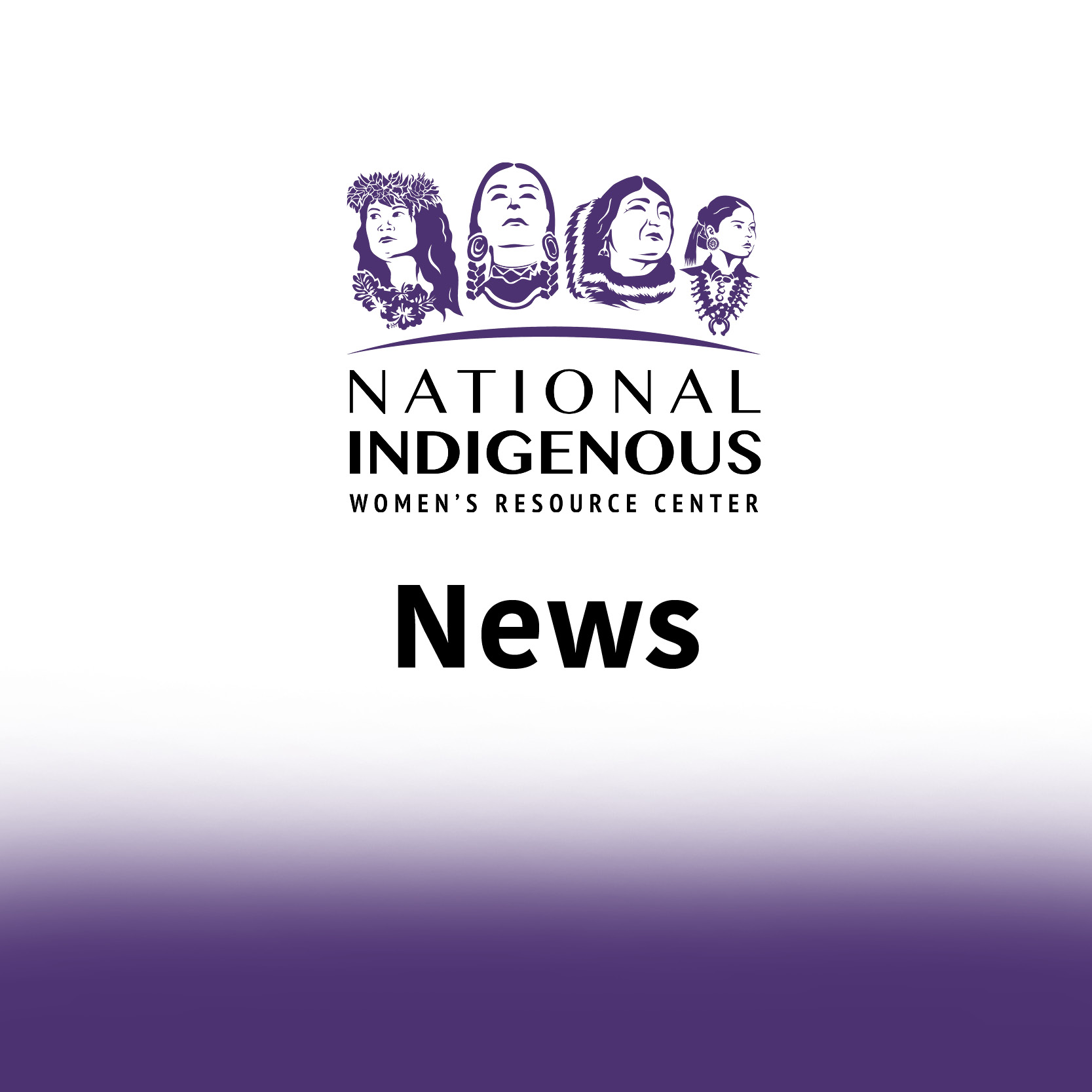NIWRC Applauds Unanimous SCOTUS Decision Upholding Tribal Authority in United States v. Cooley
 FOR IMMEDIATE RELEASE
FOR IMMEDIATE RELEASE
(LAME DEER, Mont., June 9, 2021)—On the morning of Tuesday, June 1, 2021, the Supreme Court of the United States unanimously found in the case United States v. Cooley that a Crow tribal police officer had the authority to detain and search a non-Native suspected of committing a crime on a highway crossing through the Crow Reservation. Cooley, a non-Native, had challenged the authority of tribal law enforcement to stop and detain non-Indians who are suspected of committing crimes within the borders of an Indian reservation and asked the Supreme Court to uphold the Ninth Circuit’s decision which concluded that tribal law enforcement can only stop and detain a non-Indian suspected of committing a crime if it is “apparent” or “obvious” that a crime is being committed.
“We applaud the Supreme Court in its unanimous decision to uphold the inherent right of tribal nations to protect Native people living on tribal lands and are honored to have filed an amicus brief in this case in support of the Crow Nation and all tribal nations across the United States,” said Lucy Simpson (Diné), NIWRC Executive Director. “Domestic violence is rarely ‘obvious’ until it turns lethal, and then it’s too late. The unworkable standard the Ninth Circuit created would have significantly impaired the ability of tribal law enforcement to address crimes of domestic violence and assaults perpetrated by non-Indians in tribal communities.”
In the majority opinion authored by Justice Stephen Breyer, the Court found that tribal police officers can temporarily detain and search non-Indians traveling on public rights of way if they suspect the individual is violating federal or state law. Justice Breyer noted the lack of workability in the Ninth Circuit’s standard, citing NIWRC’s brief that more than 70 percent of residents on some reservations are non-Indian, and tribal police must have the same authority as federal and state law enforcement to stop and detain all individuals suspected of committing a crime.
“NIWRC’s amicus brief in Cooley was filed pursuant to our VAWA Sovereignty Initiative,” said Cherrah Giles (Muscogee Nation), NIWRC Board Chairwoman. “It is our mission and goal to educate the Supreme Court on the connection between sovereignty and safety for Native women, and we are determined to defend the Violence Against Women Act (VAWA) against anyone who challenges the inherent rights of our Nations to protect our women and children in our own homes. We are honored that the family of Kaysera Stops Pretty Places signed onto the NIWRC amicus brief, along with eleven VAWA-implementing tribal nations and 44 non-profit organizations committed to ending violence against Native women.”
“This is an incredibly critical victory for Indian country,” said Mary Kathryn Nagle (Cherokee Nation), Partner at Pipestem & Nagle, P.C. and Counsel to NIWRC, who co-authored NIWRC’s amicus brief with Sarah Deer (Muscogee Nation). “The Court’s majority opinion reversed the Ninth Circuit’s unlawful judicial diminishment of tribal authority, and then the Court went even further. Justice Breyer’s opinion also re-affirmed the constitutional authority of Congress to restore the tribal jurisdiction that the Supreme Court previously in Oliphant erased. At a time when NIWRC and so many others are working so hard to get a bipartisan VAWA through the Senate, it is highly significant that the Supreme Court, once again, has confirmed Congress’ constitutional authority to restore tribal jurisdiction over non-Indian defendants.”





